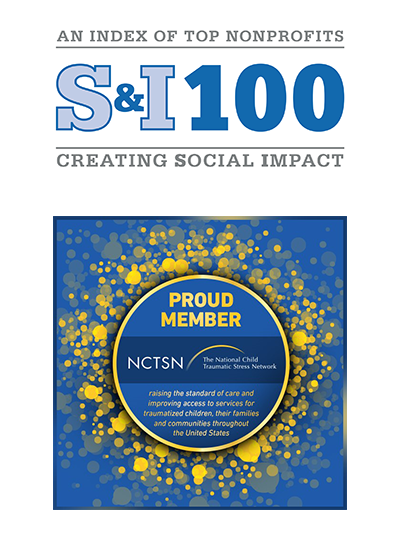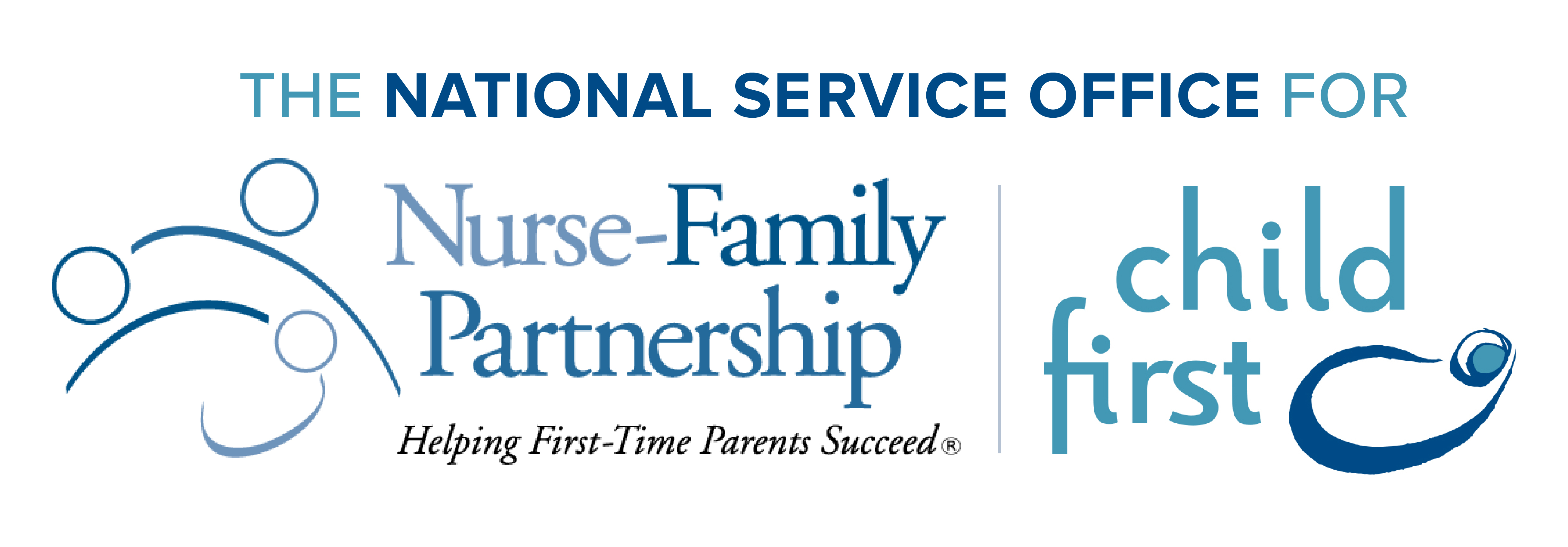Child-Parent Psychotherapeutic Intervention
The Child First intervention begins during the engagement and assessment process, as Child First teams listen and observe closely, build trust and respect, and reflect with parents or caregivers about the experiences that they and their children have had. The home environment provides a unique opportunity to respond to identified problems as they arise in the natural setting. It is also much more convenient than clinic-based services (without the burden of transportation or childcare for siblings) and is without the stigma of going to a mental health facility.
The promotion of responsive nurturing through a parent-child psychotherapeutic approach was designed to enhance the parent-child relationship as fundamental to the child’s social-emotional health and cognitive development. Given the high level of risk and psychological challenges in the children and parents served by Child First, an intensive approach that blended parent guidance and dyadic, psychotherapeutic treatment was deemed most appropriate to meet the needs of our multi-challenged families. This model was derived from the intensive infant-parent psychotherapy pioneered by Selma Fraiberg and expanded upon by Alicia Lieberman and Patricia Van Horn, called trauma-informed Child-Parent Psychotherapy. It uses the therapist-parent alliance to facilitate a corrective or transforming emotional experience and a new internalized experience of relationships.
Child First provides a two-generation intervention that strengthens the parent-child relationship and attachment. Scientific evidence has shown that this relationship is so powerful that it is able to protect the child’s developing brain from the damage caused by unavoidable stress, while it directly facilitates emotional, language, executive functioning, and cognitive growth in the child. Furthermore, the effects on the parent are also profound, as the parent is able to process her or his past traumas, learn emotional regulation, and increase executive functioning skills. This approach is highly individualized and driven by the child and family’s unique strengths, needs, culture, and psychological availability.
The intervention operates simultaneously at multiple levels:
- It provides parent guidance to help parents/caregivers understand normal developmental challenges and expectations.
- It helps parents/caregivers understand the unique processing abilities of their child.
- It helps parents/caregivers understand the impact of trauma on their child and how this might be expressed in his or her behavior.
- It facilitates parent/caregiver reflection on the meaning and feelings motivating a child’s behavior.
- It facilitates new and more appropriate responses to behavioral challenges.
- It promotes parent/caregiver reflection on the psychodynamic relationship between their own feelings, history, and their response to the child.







